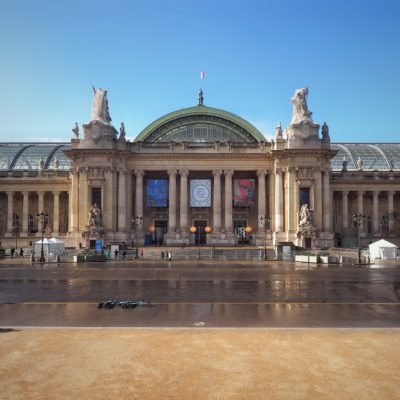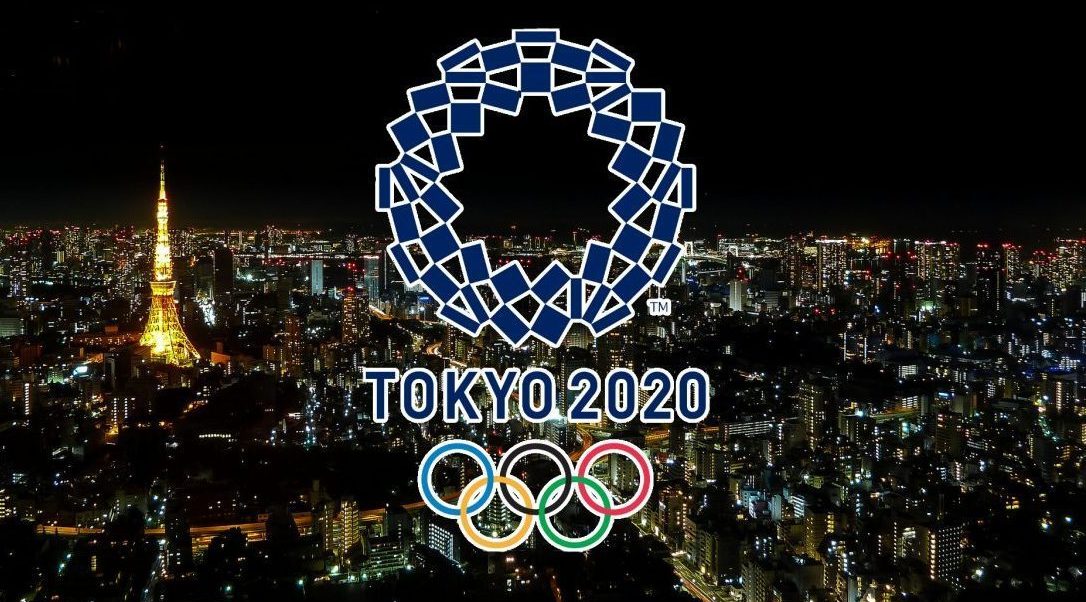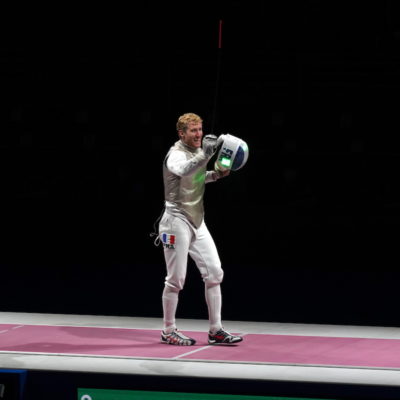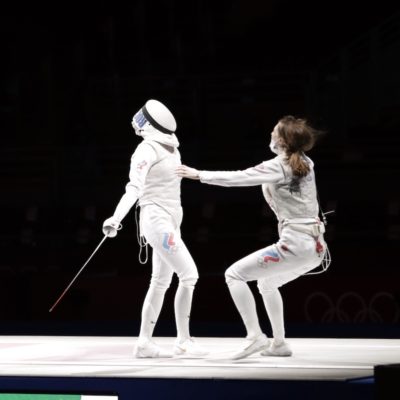 In the Beijing Olympics, Confucious meets Coubertin and Citius Altius Fortius meets the Tao Te Ching. As West comes East, and ancient tradition merges with the new world order, these Games promise to be a study in contrasts of olympian proportions. With such striking contrasts will come great tensions and perhaps conflicts, seeking resolution on a world stage beset by uncertainty and excitement.
In the Beijing Olympics, Confucious meets Coubertin and Citius Altius Fortius meets the Tao Te Ching. As West comes East, and ancient tradition merges with the new world order, these Games promise to be a study in contrasts of olympian proportions. With such striking contrasts will come great tensions and perhaps conflicts, seeking resolution on a world stage beset by uncertainty and excitement.
To understand a sport, one must come to know the game – its rules and regulations, its competitors and its customs. But to fully appreciate the Olympics, it is essential to not only understand the game itself, but also the private “inner game” of the athlete and the public spectacle of the Olympics’ “outer game.”
The Outer Game – Publicity, Punditry and Profit
There is nothing that happens on the planet that is more great and glorious, more widely shared and appreciated, and more hotly contested than the Olympic Games. The fields of play are but the centerpiece around which swirls a dizzying, frenetic dance of cultures in conflict, cultures in cooperation. As they grow in stature, the Games come to mean more and more things to more and more people, creating an intricate and delicately layered tapestry of international politics, national pride and personal excellence. While in the ancient games, the athletes rubbed shoulders with philosophers and poets, in these Olympics, athletes will share the stage with the media pundit, the corporate executive and the human rights advocate. These are the “outer games.” It is what makes the Olympics unique among sports events and sets the context within which each individual athlete’s experience unfolds.
{sidebar id=1}
The shape and fury of these outer games are beyond the athletes’ ability to control. It is the role of the various National Olympic Committees, to insulate and protect the athlete – to assure that the field of play stays level, that outside the air is clear, and that inside the blood is clean. The gamesmanship of the National Olympic Committees will most definitely play into which national anthems will be most frequently broadcast around the world.
The Inner Game – Anticipation, Expectation, Trust
The roots to personal success lie in the “inner games,” those which unfold in the heart and mind of the athlete. Though played out silently, these will figure largely in the medal count. These inner games begin long before opening ceremonies. As the most long and eagerly anticipated of all sports events, the Olympics offer more than ample time to hope and dream, as well as, to doubt and to fear. As the culmination of a career, athletes often carry a lifetime of personal expectations onto which are lifted the vicarious hopes and dreams of coaches and country, of family and friends. Fanned by the fervor and frenzy of the outer game, expectation and anticipation often emerge as the great spoilers. The angst of anticipation can drain energy, and the burden of expectation can haunt the athlete, delivering the Olympian to the starting line emotionally exhausted.
There is mental training to complement technical and tactical preparation. But the foundation of sport psychology needs to be in place long before the Games. How then as the Games commence, is the athlete to be guided in this most important of times.
Playing the Game
The solution is simplicity. That is, the more complicated things get, the more simple they need to be made. Whatever the hype or hope, the sport is after all the same – the same rules, the same tools, the same competitors, the same contest. Success lies in rediscovering the basics, the fun and excitement of the sport that won you over and that sustained you through years of training, and trial and tribulation. Trust what got you there. Trust your planning, trust your training, trust your coaches, trust your team. By seeking success unencumbered by a fear of failure, trust will triumph over trial and tribulation.
Seeing the Big Picture
As these many games of the Games unfold simultaneously and weave their way into the collective consciousness of the moment, the Olympics emerge as nothing short of a contest for the emotional center of the human psyche. If this is truly to be the end game of the Olympics, let’s see to it that it is pursued with noble purpose.
In time this larger story will come into focus, now is the moment to take note of the vast Olympic enterprise — that reaches out to hearts and minds, and pocketbooks, as it crisscrosses continents and cultures, and showcases the human race going faster, higher and stronger.






1 Comment
Comments are closed.